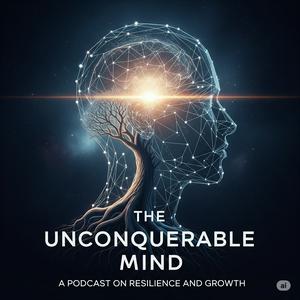Episode 98 – The Future of Stoicism
This episode traces the historical journey and modern resurgence of Stoicism, arguing that it provides a practical blueprint for navigating contemporary life. Originating in a chaotic ancient Athens, Stoicism was one of many competing philosophies but distinguished itself by offering a complete and coherent system of logic, physics, and ethics designed for practical application. The philosophy posits that the universe is a rational, ordered whole (the Logos), and that human flourishing (eudaimonia) comes from aligning our inner reason with this cosmic nature. This is achieved through the practice of virtue—wisdom, justice, courage, and moderation.
The Roman Stoics, including Seneca, Epictetus, and Marcus Aurelius, are highlighted for their focus on applying these principles to real-world challenges, from slavery to imperial rule. A core practical tool they emphasized is the "dichotomy of control," which involves differentiating between what is up to us (our judgments, assents, and volitions) and what is not (externals like health, wealth, and others' opinions). By focusing solely on our internal responses, we can achieve a state of inner tranquility and freedom, regardless of external circumstances.
The episode demonstrates that this ancient blueprint has had a profound modern impact, particularly as the philosophical foundation for Cognitive Behavioral Therapy (CBT), a leading evidence-based psychotherapy. Both CBT and Stoicism operate on the principle that our suffering comes not from events themselves, but from our judgments about them. The Stoic emphasis on examining impressions, challenging irrational beliefs, and practicing detachment is directly mirrored in modern therapeutic techniques. This enduring relevance shows that Stoicism's core insights into the human mind provide a timeless and powerful guide for building resilience and finding meaning.


